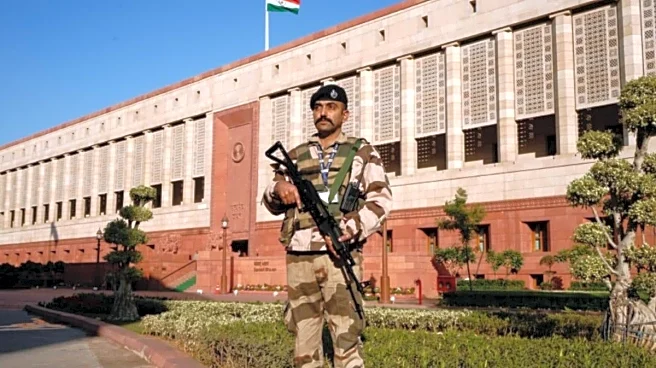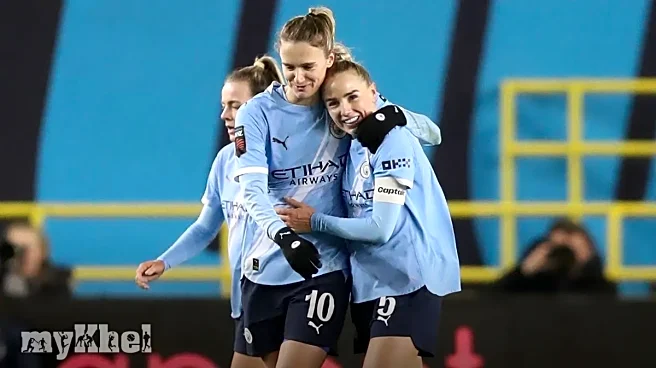The Parliament has the constitutional authority to alter the five-year term of the Lok Sabha and state assemblies through an amendment, the 23rd Law Commission has told the Joint Committee of Parliament (JPC)
examining the simultaneous elections Bills.
In a detailed submission ahead of its scheduled briefing on December 4, the Commission has made it clear that the duration prescribed under Articles 83 and 172 is not immutable and can be changed to meet larger national objectives.
Setting out its stand unequivocally, the Law Commission told the panel, “In our constitutional scheme, though the Parliament cannot, by ordinary legislation, reduce the term of Lok Sabha or State Assemblies because this duration is expressly entrenched in Articles 83 and 172, it would be incorrect to assume that the terms as provided in the Constitution cannot be altered, to meet a larger objective of public welfare.”
“The Law Commission is clearly of the opinion that Parliament can certainly do so by way of a constitutional amendment. This is what is proposed by the bill in question,” it stated.
It further underscored that the Constitution itself provides flexibility in the functioning of legislatures, pointing to the provisions for early dissolution and extensions during emergencies.
According to the Commission, “the Constitution itself provides flexibility in the matters of term of House by allowing premature dissolution as well as extension during emergencies, which shows that the five-year term is not an unalterable feature.”
Framing its argument around public interest, the Law Commission said that synchronised elections, by altering or curtailing existing terms, would serve the broader national good.
“One of the objects of simultaneous election by curtailment of the full term of five years is to provide maximum satisfaction of greater national interest with minimum waste or friction of the government accountability,” it told the JPC.
Countering claims that the ‘One Nation, One Election’ proposal would weaken democratic processes, the Commission said the opposite was true.
“Far from undermining democracy, the proposed Bill aims to strengthen it by ensuring stability, reducing the constant drain of elections, and allowing governments to focus on governance,” it stated.
It stressed that the synchronisation proposal preserves the electorate’s core democratic rights.
“The proposed Bill does not take away the people’s right to periodic, free and fair elections, it only seeks to synchronise their timing. Since the matter of making a democratic choice is fully preserved, the proposed Bill does not violate the basic structure of the Constitution,” it mentioned.
On state ratification, the Commission was categorical, stating that the amendments involved do not fall under the categories requiring approval from half the States.
“The proposed amendment is not falling within the proviso to Article 368(2) of the Constitution and does not require state ratification.”
It also dismissed concerns over potential excessive delegation of authority to the Election Commission of India (ECI).
“The powers proposed to be given to the Election Commission of India for the purpose of simultaneous election in the proposed amendment are a natural extension of its extant powers, and there is no question of any excessive delegation to it.”
Defending the proposal’s intent, the Commission said synchronised elections would avoid repetitive expenditure and governance interruptions.
“What the proposed amendments seek to do is essentially to synchronise the elections, so that the country as a whole goes to election at one point of time in a cycle of five years and is saved from repeatedly spending its time, money and energy over elections.”
Addressing concerns around the basic structure doctrine, the Commission maintained that objections lacked a basis.
Referring to judicial reasoning, it noted that while “free and fair elections” form part of the basic structure, “the assertion that the definition of midterm elections limits the plenary powers of the electorate and is thus against the doctrine of basic structure, is not substantiated.”
The Law Commission’s submission forms a crucial element of the JPC’s ongoing examination of the simultaneous elections proposal.
ALSO READ | Amid Vande Mataram Row, Govt Mulls Discussion On National Song During Parliament’s Winter Session






/images/ppid_a911dc6a-image-177101752951095973.webp)



/images/ppid_a911dc6a-image-177101403147018469.webp)
/images/ppid_a911dc6a-image-177101053501199609.webp)
/images/ppid_59c68470-image-177101003680064644.webp)


